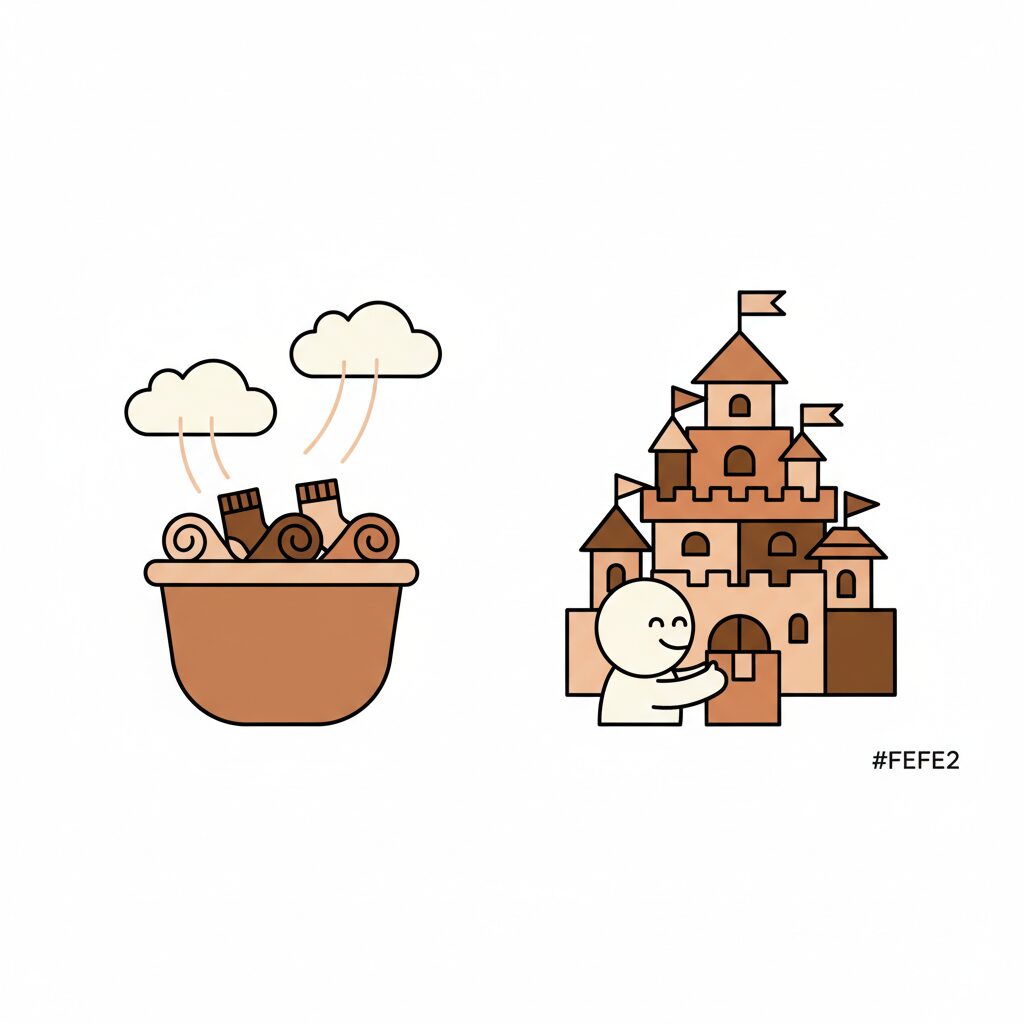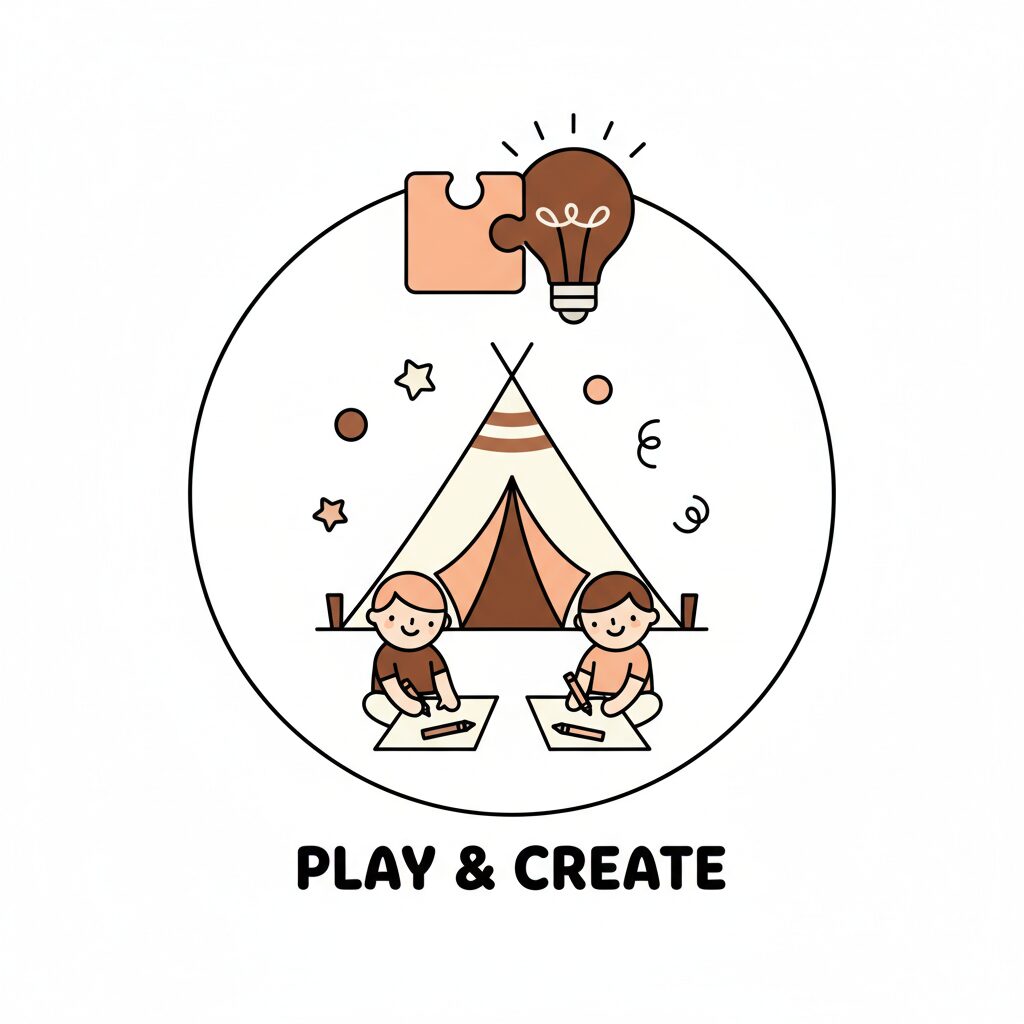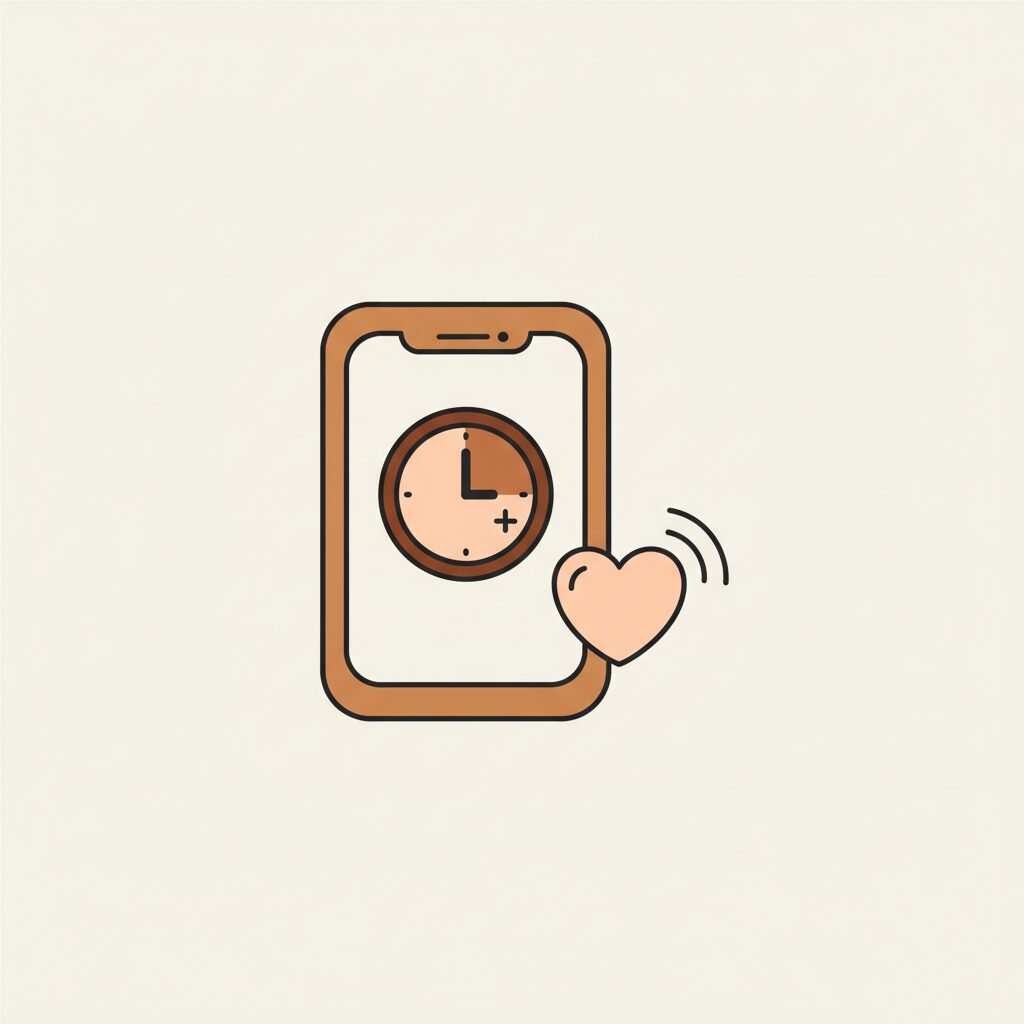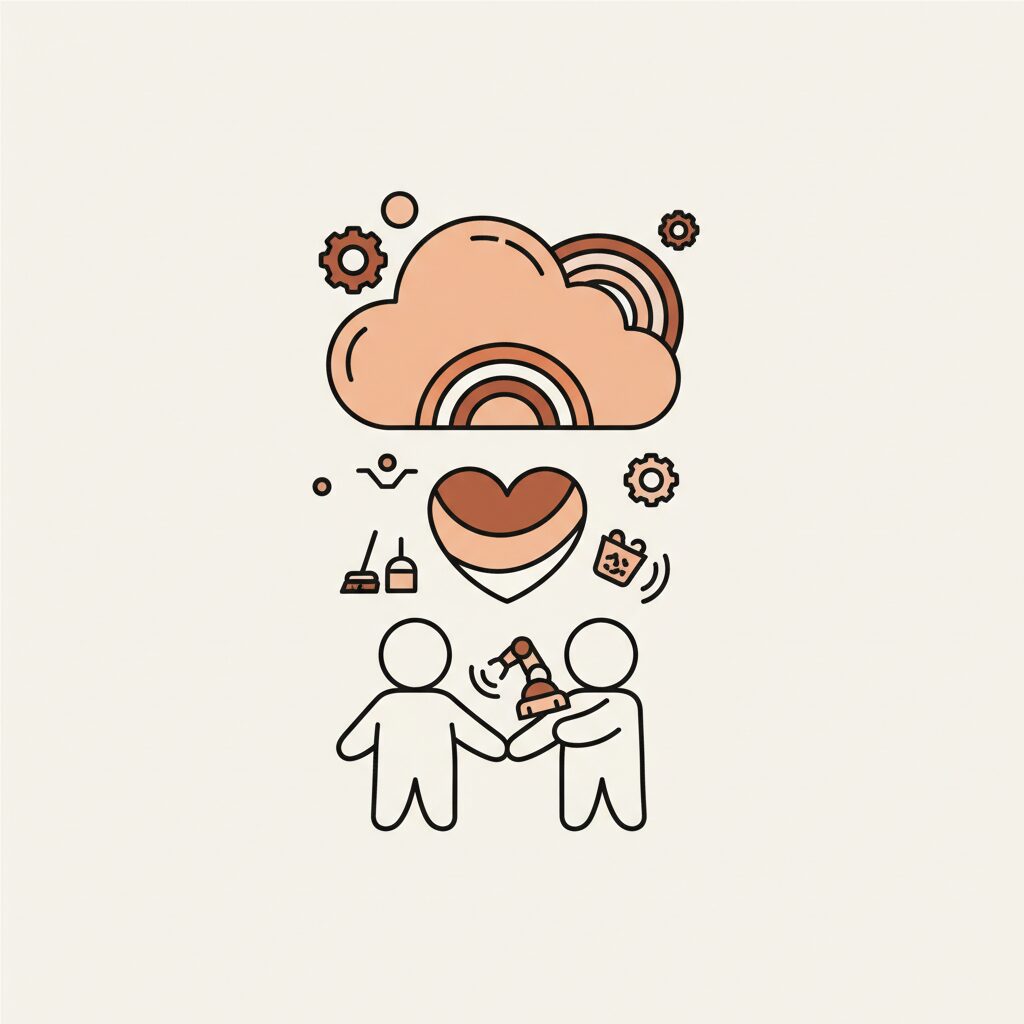
Picture this: you’re knee-deep in sorting laundry while your kid builds an epic cardboard castle. You’d rather ditch the socks and join the adventure, right? Turns out companies feel the same way about grinding tasks—crafting hundreds of emails, chasing data, filing reports. This avoidance isn’t just a ‘parent thing’—businesses do it too! Something’s quietly changing: AI isn’t *replacing* humans; it’s tackling the tedious bits nobody truly wants to do. And that shift? It’s golden news for how we raise our kids.
The ‘Must-Do’ Work That Feels Like Sorting Socks

Walk into any business, and you’ll spot the gap: those endless, repetitive chores nobody volunteers for. Sales teams drowning in prospect lists, support agents copy-pasting answers, data entry that makes eyes glaze over. Sounds familiar to parenting, doesn’t it? Like when chores pile up until someone sighs, ‘Fine, I’ll handle it.’ Now, AI’s stepping in as that reliable helper—doing 200 personalized emails without complaining, tidying messy spreadsheets overnight, or tracking customer follow-ups flawlessly. Smart companies like Salesforce reshuffled headcount from support roles to sales—same people, but shifting them toward work that sparks joy. The insight hits hard: AI isn’t the villain. It’s the tireless teammate taking over the jobs we’d skip if we could.
Why ‘Glamping’ Over Grind Time Is a Win for Kids

Remember when you’d rather build pillow forts than fold laundry? Humans thrive when freed from drudgery. Now imagine our kids growing up in a world where AI handles the rote stuff—like sorting flashcards or timing spelling quizzes. Suddenly, their energy isn’t drained by repetition but channeled into what lights them up: creative problem-solving, connecting with friends, or asking ‘what if?’ during a rainy-day puzzle session. Turns out MIT researchers noticed something playful: between 2016 and 2024, workers focused *more* on human-intensive skills like empathy, original ideas, and judgment. Why? Because when machines do the grind, humans lean into their superpowers. As parents, this reframes everything: we’re not preparing kids to outcompute AI—they’ll grow up with it as a tool. We’re nurturing their irreplaceable humanity.
The ‘EPOCH’ Edge: Skills Machines Can’t Touch

Think of it like teaching a kid to ride a bike. Training wheels (AI) help them cover ground faster, but balance, curiosity, and the joy of discovery? Those come from *them*. The MIT study calls this ‘EPOCH’ capabilities: Emotional intelligence (like resolving disputes over board-game rules), Physical creativity (building forts with couch cushions), brainstorms (like debating if a couch-cushion fort needs a moat!), High-judgment choices (deciding who takes the last cookie fairly), and Original thinking (inventing bedtime stories together). How do we grow these? During snack time, ask, ‘How would you explain broccoli to a robot?’ Spark debates on playground swings: ‘Is it okay to skip line if you’re late?’ Not in lectures—but through giggles, failed origami, and that moment when your child realizes helping a friend feel better matters more than winning.
Small Shifts, Big Ripples: Parenting in the AI-Assisted Age

Here’s the sweet spot: use tech to *create* space for humanity. When voice assistants handle timers or weather checks, turn the saved minutes into something warm—like inventing silly ‘gratitude rap’ lines while washing berries. Or if an app tracks homework, swap screen time for ‘what’s one thing you’re proud of today?’ walks. Balance isn’t rigid rules; it’s curiosity. Notice your child puzzling through a game? Nudge gently: ‘Hmm, how do you think it knew your move?’ No need for grand lessons. A summer afternoon sketching clouds becomes physics play. Leftover kimchi pancakes transform into shape-matching adventures. The research whispers a truth we already know: kids blossom when grounded in real-world connection—not competition with algorithms. Let AI handle the socks; we’ll keep building cardboard kingdoms.
Hoping Together in the Overcast

On days when the sky feels heavy and chores loom, I find hope in small rebellions: dancing in the rain, eating cookies while debating superhero ethics, or watching my child’s eyes widen solving a problem they thought was ‘too hard.’ AI filling unwanted jobs isn’t about cold efficiency. It’s about reclaiming time for laughter that sticks like glitter, for conversations that happen when nobody’s rushing. Our kids won’t inherit a world of replaced humans—they’ll shape one where technology handles the grind, so humanity handles the heart. What if we started today? Put the phone down. Ask about their wildest idea. Share the ‘why’ behind your own work—how helping others fulfills you more than any spreadsheet ever could. The future’s not about racing machines. It’s about raising humans who know their worth isn’t measured in tasks done, but in kindness given, curiosity kept alive, and the courage to wonder: ‘What if?’
Source: The Labor Gap No One Talks About: Why AI Will Fill the Jobs Humans Won’t Do in Tech, Saastr, 2025/09/01
